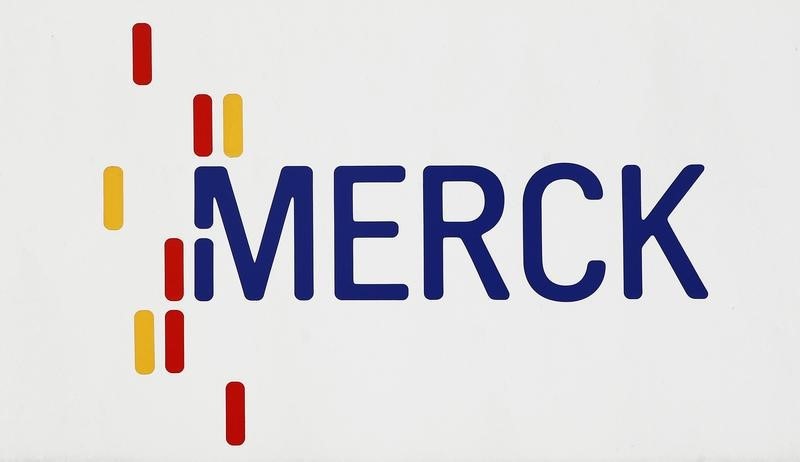By Ben Hirschler
LONDON (Reuters) - Drug industry productivity is continuing to improve, with a bumper haul of new products being launched and companies proving more successful in the final stages of clinical testing, according to a new analysis.
Data from Thomson Reuters published on Tuesday showed the number of innovative medicines, or new molecular entities, launched globally in 2014 hit a 17-year high of 46, up from 29 in 2013.
Last year's entrants included two cancer drugs that help the body's own immune cells fight tumours as oncology remained the top area for drug research, attracting nearly one third of all R&D spending.
Merck's (N:MRK) Keytruda and Bristol-Myers Squibb's (N:BMY) Opdivo are the first in a coming wave of expensive immunotherapies.
As well as launching a lot more new medicines, the industry has also been enjoying higher success rates in the costly final stage of clinical development, with the number of projects failing in Phase III falling markedly over the last six years.
Phase III terminations totalled 56 in the last three years, down from 68 in 2009-2011, according to the Thomson Reuters 2015 CMR Pharmaceutical R&D Factbook.
"Overall, based on the metrics, the industry is looking in really good shape," said Philip Miller, senior director for clinical and regulatory affairs at Thomson Reuters.
He noted that drug companies were benefiting from a shift to specialised drugs, many for rare diseases, which tend to progress through clinical development faster than mass-market treatments.
The CMR Factbook data shows that experimental medicines overall are winning marketing approval from regulators more rapidly than a decade ago.
The biggest turnaround has come in Japan, where the average approval time for a new drug dropped to 306 days in 2014, down from more than 800 days in 2006.

Japan's Pharmaceutical and Medicines Device Agency was faster in approving new drugs last year than either the U.S. Food and Drug Administration or the European Medicines Agency, which took an average of 343 and 418 days respectively.